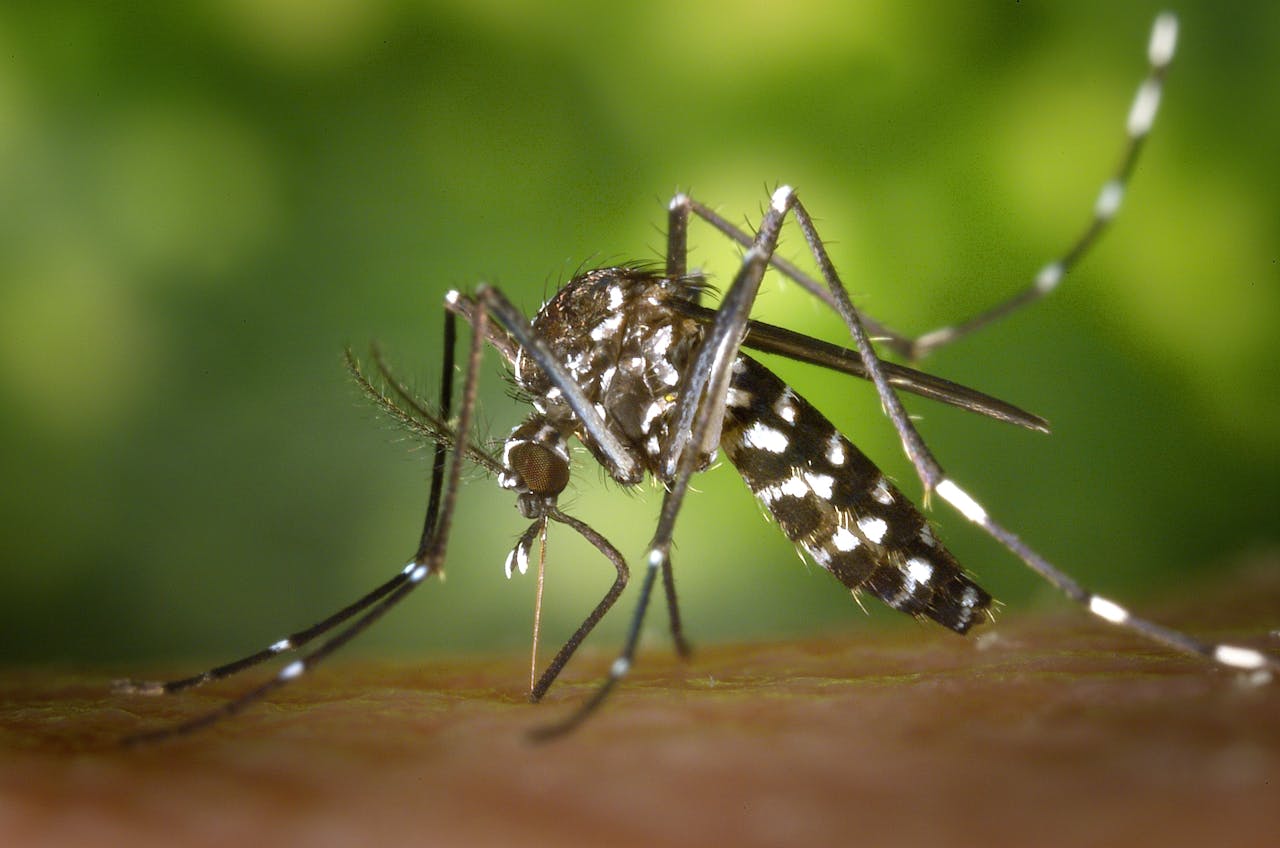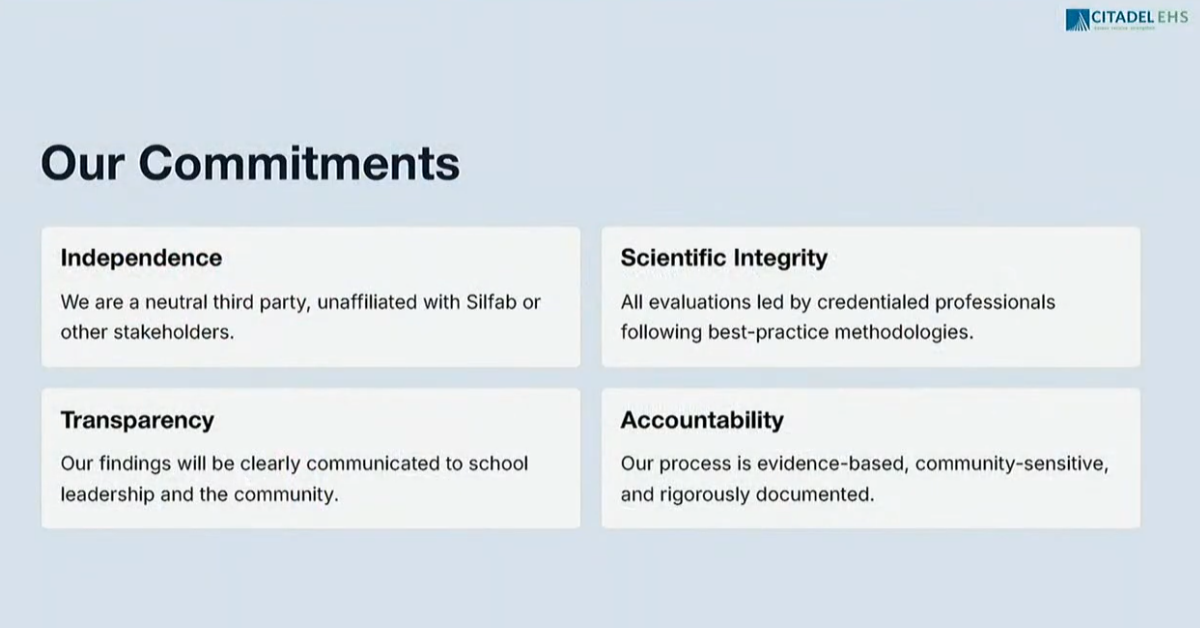COLUMBIA, S.C. — The South Carolina Department of Public Health (DPH) reminds South Carolinians of several tips to help prevent mosquito bites and eliminate mosquito breeding areas while enjoying time outside this summer.
There are at least 61 different species of mosquitoes in South Carolina, but fortunately not all of them bite people. Often, mosquitoes are simply a nuisance, but some species can pose serious health risks to people and animals by spreading disease.
The most common diseases that could potentially be carried by mosquitoes in South Carolina include: West Nile, Eastern Equine encephalitis, La Crosse encephalitis, Saint Louis encephalitis virus, and dog/cat heartworm. West Nile virus is the most common disease concern for people.
“Learning how to avoid mosquito bites is important to reducing our chances of exposure to mosquito-borne diseases, as is conducting mosquito prevention and control efforts year-round, especially during spring, summer and fall,” said Dr. Chris Evans, DPH State Public Health Entomologist.
Although DPH doesn’t perform mosquito control, the agency does provide information that helps individuals, communities and local mosquito control programs take actions to reduce mosquito populations. Mosquito control programs are managed at the local level.
Mosquitoes can develop in water that stands for more than 5 days. DPH recommends following the “7 Ts” to keep your home and yard mosquito-free:
- TIP over anything that can hold water, such as toys, plant saucers or vases. To disrupt mosquito breeding cycles, change water often, even daily, in items like dog bowls and bird baths.
- TOSS or recycle any unwanted yard items that may collect water, such as old tires, junk, or trash.
- TURN over items that can hold water like children’s pools, wheelbarrows, or buckets.
- TIGHTEN tarps over items like boats, wood piles, grills, and pools.
- TAKE CARE of your property. Clean out debris from ditches, drains, and gutters. Keep grass cut low and trim or remove overgrown plants.
- TREAT items that can’t be drained or emptied with appropriate mosquito control products.
- TEAM UP and talk with neighbors about reducing mosquitoes in and around your home and neighborhood.
DPH works in partnership with the U.S. Centers for Disease Control and Prevention (CDC) to monitor mosquito populations for disease that can be spread to humans. DPH’s mosquito surveillance program includes trapping and testing mosquitoes across the state and monitoring arbovirus activity in birds. Arboviruses include West Nile, which can be spread to humans by mosquitoes.
DPH also conducts surveillance for human cases of disease spread by mosquitoes and notifies local mosquito control programs to recommend they act when it is necessary.
Residents can assist DPH’s mosquito-borne virus monitoring by submitting certain species of dead birds for lab testing. DPH’s dead bird surveillance program takes place each year from March through November and helps identify where and when there is an increase in West Nile virus activity so additional control measures can be taken.
For more information on steps to prevent mosquito bites and eliminate mosquito breeding grounds, visit dph.sc.gov/mosquitoes. Visit dph.sc.gov/vbdoutreach for educational materials related to vector-borne diseases.
Use DPH’s Mosquito-Borne Disease Viewer for the most current case counts of mosquito-borne disease in birds, mosquitoes and certain animals.










